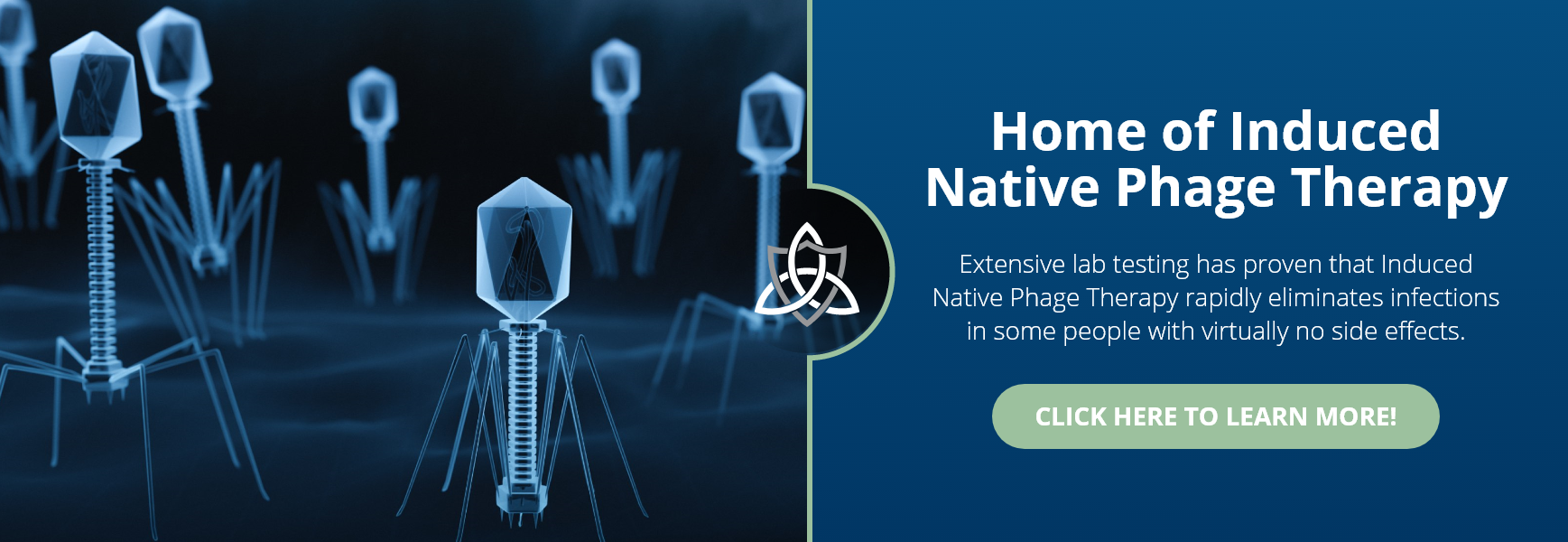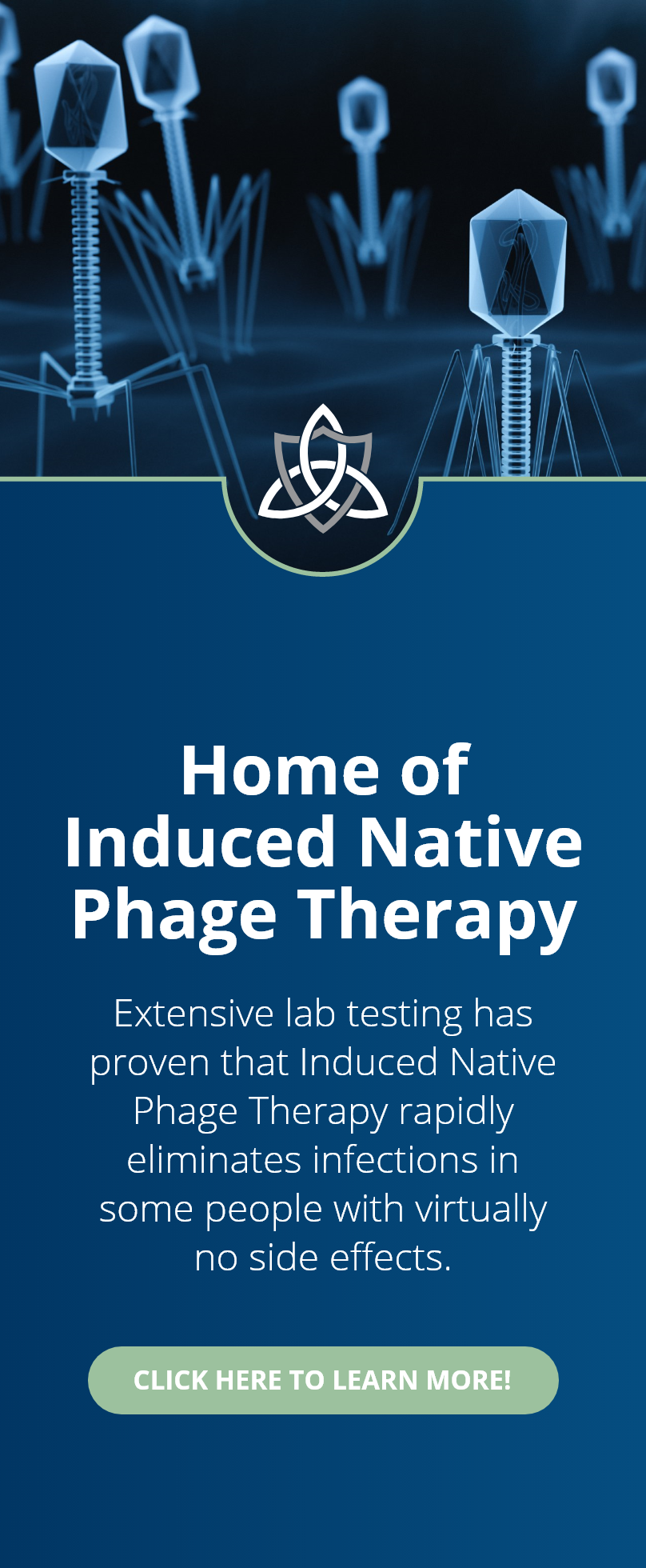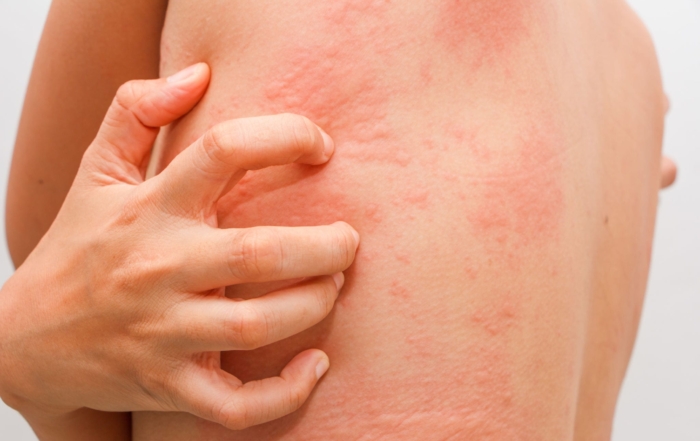What is histamine intolerance?
Histamine is a natural chemical within the body that is responsible for communicating messages to the brain, releasing stomach acid to help digestion, and protecting the body from injury or allergic reaction as part of an immune response.
Histamine is well understood to be the “enemy” during hay fever season and in other allergic reactions, which is why antihistamines are commonly used to combat excess amounts of it.
In addition to histamine, the body produces the enzymes histamine-N-methyltransferase, or HNMT and diamine oxidase, or DAO. The body uses histamine-N-methyltransferase, or HNMT to break down and metabolize histamine. It is located in is present in most body tissues, most notably in the liver and kidneys. DAO is located in the gut and is used to break down any histamine that the body takes in from foods and nutrients. People who are DAO deficient are unable to break down histamine and often develop histamine intolerance. Histamine-N-Methyl-Transferase, or HNMT to break down and metabolize histamine.
Histamine intolerance, or HIT, is not a sensitivity to all histamine but rather an indication that a person has accumulated too much of it, and is therefore unable to break it down efficiently. As a result, the body reacts with various toxic responses that can affect virtually any and every area of the body, depending on each patient’s unique symptoms. Often, the condition is known as a “pseudo-allergy,” because many of its symptoms appear to be allergies until they are given a closer look. However, gastrointestinal symptoms are also extremely common in cases of histamine intolerance.
A person’s DAO enzyme levels (and in turn, their tolerance of histamine) could be affected by:
- Medications that prevent DAO production or block DAO functions.
- Gastrointestinal disorders such as inflammatory bowel disease or leaky gut syndrome.
- Foods that prevent DAO enzymes or trigger a release of histamine.
- Foods that are rich in histamine and cause DAO enzymes to function improperly.
- Bacterial overgrowth in the digestive tract that causes histamine overproduction.
The condition is often aggravated by other chronic, degenerative, or inflammatory illnesses such as irritable bowel syndrome, crohn’s disease, Lyme disease, POTS, chronic fatigue, metabolic syndromes, adverse medication reactions, mold toxicity, genetic/epigenetic deficits, and MCS. In addition, prescription drugs, nutritional deficiencies, dietary choices, and other medical conditions can make someone more susceptible to a histamine intolerance.
How is histamine intolerance typically diagnosed?
Since it can, but not always, be connected to and caused by so many other chronic disorders, it is easy for doctors to misdiagnose histamine intolerance. The condition is similar to multiple chemical sensitivity, mast cell activation syndrome, and mastocytosis, all of which share many of the same symptoms and triggers. Click here to read our blog post differentiating the three pathologies in detail.
Prior to reaching a diagnosis, most doctors will eliminate any other disorders and allergies that may cause a similar reaction. In addition, they will most likely suggest an elimination diet, requiring you to remove any foods either high in histamine or known to trigger histamine. They will then ask you to slowly reintroduce them, keeping an eye out for any adverse reactions. Doctors might also take a blood sample to check for DAO deficiency, or use the prick test to demonstrate an intolerance to a histamine solution.
If you are reading this, it is likely you already realize that antihistamines are not a long-term solution. That’s why at the Biologix Center, we will do more than provide temporary relief. We will work to improve the way your entire body functions, restoring you to optimal health.
Our two-week program will allow our doctors to get to know you and your body’s specific needs during daily, hour-long treatment windows, so that we can find the root causes of your body’s issues and create a specific treatment method that is compatible with your body’s unique make-up. Request your patient packet now to learn more about our approach!
What are the symptoms of histamine intolerance?
HIT symptoms are wide-ranging and vary from patient-to-patient. At the Biologix Center, we recognize that our patients’ symptoms are very real, which is why we commit to using everything available to us to promote true healing. We will never, under any circumstances, dismiss you or your symptoms. We are here for you!
Because HIT directly impacts the immune system, people with HIT are more susceptible to a wide range of symptoms and infections. For a more in-depth list of symptoms associated with HIT, click here!
Gastrointestinal & Digestive Issues
The most frequently observed symptoms that occur with HIT are gastrointestinal. These can include diarrhea, irritable bowel movements, frequent bowel movements, abdominal cramps, bloating, heartburn, acid reflux, and other symptoms similar to the gastric flu.
Urinary Pain
Some patients with HIT symptoms experience painful, burning urination or interstitial cystitis.
Headaches & Brain Fog
People dealing with HIT symptoms may struggle with migraines and headaches ranging from mild to severe. They may also experience dizziness, an inability to concentrate, and brain fog.
Fatigue & Insomnia
Patients with HIT often find themselves feeling tired, no matter how long they sleep. Due to their specific symptoms, some patients also struggle with insomnia, or the inability to fall and/or stay asleep.
Congestion
Many patients experience itching, sneezing, sore throats, chronic coughs, and even trouble breathing. Some patients describe their symptoms as being somewhat similar to those of seasonal allergies, the common cold, bronchitis, or even the flu.
Inflammation
Patients may experience difficulty regulating their fluid levels leading to swollen limbs, abdominal bloating, edema, and puffy eyelids. In addition, they may experience inflammatory pain or tenderness in the connective tissues due to autoimmune illness.
Chest Pain & Changes In Heart Rhythm
Some people struggling with HIT symptoms experience a discomfort in their chest as well as an irregular heart rhythm. This is because some cases of HIT are associated with POTS and/or anxiety.
Skin Sensitivities
Some patients with HIT develop hives, eczema, acne, atopic dermatitis, dry skin, flushing, heat flashes, or even a sun allergy.
Depression & Anxiety
Coping with persistent symptoms leaves many patients feeling hopeless, especially since the majority of medical doctors have yet to find long-lasting treatment methods. Reach out to a friend, family member, or counselor for extra support during your battle with histamine intolerance.
If you are suffering from any of these symptoms or any additional symptoms not listed here, please contact us. We can help return your body to its natural rhythms. Request your patient packet today!
How is histamine intolerance typically treated?
Doctors may recommend that patients minimize their consumption of alcohol, dairy, avocados, eggplant, spinach, processed meat, shellfish, aged cheese, tomatoes, wheat germ, beans, bananas, chocolate, citrus fruits, nuts, black tea, mate tea, energy drinks, papaya, green tea, and all fermented foods and drinks. Though there is no such thing as a histamine-free diet, they may also suggest that patients incorporate low-histamine foods into their diet, such as eggs, fresh meat and fish, non-citrus fruits, gluten-free grains, dairy substitutes, olive oil, and fresh vegetables.
Medical doctors may also prescribe OTC and prescription drugs, depending on your most noticeable symptoms and their severity. They may prescribe antileukotrienes, corticosteroids, or DAO enzyme supplements. They may also suggest antihistamines to block histamines, sleeping aids to attempt to correct your sleeping habits, or antidepressants to lift your mood. However, the majority of these drugs only serve to suppress or mask the symptoms, and can even cause additional symptoms as a side effect. Considering that chemicals found in antibiotics, antidepressants, diuretics, muscle relaxants, pain medications, and other prescription and OTC drugs can further predispose patients to histamine intolerance, it is very risky to add more of them to a histamine intolerant patient’s regimen.
How does the Biologix Center treat histamine intolerance?
While the prevailing medical thought is to first and foremost mask any symptoms by prescribing antihistamines for sensitivities, sleep-aids for exhaustion, and purple pills for stomach pain, none of these drugs address the symptoms’ underlying causes. The Biologix Center uses precise, real-time testing and treatments, developed by Dr. David Jernigan, that directly target the many genetic and epigenetic issues associated with every case of MCAS as well as the primary metabolic pathways that regulate mast cell degranulation. In doing so, wevenable the body to naturally, and often rapidly, achieve lasting relief. The goal is to accomplish the long-term restoration of health without encouraging a dependence upon medications.
Using tests such as Biospectroscopic Emission Sequence Testing (BEST), developed at the Biologix Center over 20 years ago by Dr. David A. Jernigan, D.C., we can eliminate much of the guesswork in doctoring. Unlike conventional blood tests that produce merely a snapshot of a patient’s blood on the day it was drawn, our constantly evolving technologies provide far more insight into the root causes of a patient’s symptoms, as well as treatment options that are tested for compatibility and effectiveness with each patient’s unique body, before even beginning treatment!
Our doctors can also use BRS to support your body’s biochemical pathways, enabling your body to produce DAO and/or HNMT. They can then use our exclusive NeuroPhotonic Therapy to perform an allergy desensitization. Of course, if your HIT is secondary to biotoxin exposure or multiple chemical sensitivity, treatment will also include detoxification and addressing your surrounding environment.
Every system of the body is interconnected and interdependent, meaning that each system must be precisely addressed in order for the body to achieve optimal health. Health care delivery is often a minimalistic approach. It is far easier to prescribe a painkiller or antibiotic than to provide the maximum applied effort needed to truly restore the optimum form and function of the body. The Biologix Center’s approach is for those who truly desire to be well, not just feel well from drug-induced illusions of health. The best of every healing method and testing is brought to your unique case, in one-on-one, hour-long treatment sessions with the doctor treating you.
If you’d like more information on becoming a patient at the Biologix Center, please request your patient into packet now!
“The ideal doctor is not a specialist in diseases, but one who understands disease, yet specializes in restoring what is most optimum. From there, the body can often heal itself.” – Dr. David Jernigan, D.C.
Want to learn more about our unique, all-inclusive clinical program?
Jumpstart your body’s ability to fight chronic disease with our intensive, one-week clinical program offering the most thorough diagnostic assessments and comprehensive treatment methods available today!
Develop a personal relationship with your doctor as he or she applies the best of every healing technique we have to offer to your unique case in multiple, one-on-one treatment sessions.
Our initiative has resulted in thousands of success stories and we look forward to adding yours!










